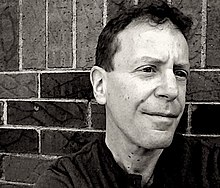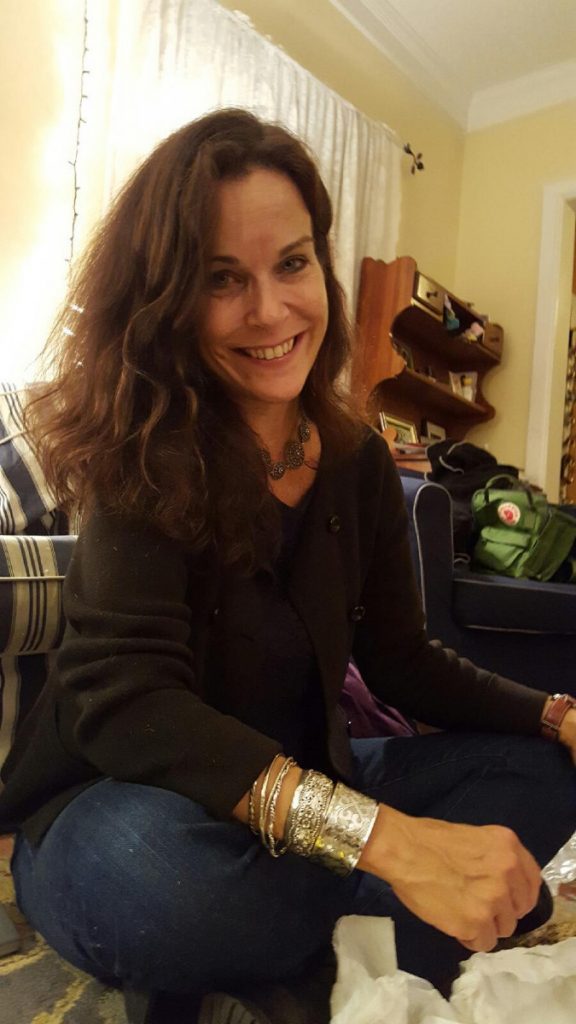The essay, both creatively and theoretically, is at the heart of David Lazar’s work.
“It’s also the focus of a lot of my teaching,” said Lazar, an essayist and the Week Five Chautauqua Writers’ Center prose writer-in-residence. “In my workshop — titled ‘Essaying Essays’ — I’ll go over some of the basics of the essay that I’ve found, over time, that people aren’t clear on.”

At 3:30 p.m. Sunday, July 24, in the Hall of Philosophy, Lazar, the author of the books After Montaigne: Contemporary Essayists Cover the Essay and Occasional Desire, will give a reading of his work. Lazar will be joined by Nicole Cooley, a poet, writer and the Week Five poet-in-residence, who will be teaching the poetry workshop, “Writing about the Difficult and Finding Grace in Poetry.”
“For some reason, I always want to read from what I’m currently working on,” she said. “So what I’m going to read this Sunday is a manuscript of poems that I’m currently working on called Trash.”
During the pandemic, Cooley lived in a small town in New Jersey, surrounded on all sides by other small towns.
“I started walking all the time — I’d always walked, but never for 8 to 10 miles a day,” she said. “I explored where I lived, which I hadn’t done. As I was walking during those horrible early months of 2020, I began studying garbage on the street. I started taking all these notes on trash.”
Cooley wondered: Is pandemic trash different from other trash? What’s happening with the garbage?

“I took all these notes on my phone, and I would come home and find that they were inspiration for poems,” she said. “It would start with the objects. I’d say, ‘Oh, that’s that hair extension,’ or ‘Oh, that’s the cracker box.’ And then I was writing these poems, which were more about my own encounters with trash and the pandemic world.”
Cooley said she realized that “you can’t write about trash without doing some research on it,” and began to dive into the subject.
“I love research and learning new things about the world,” she said. “And I love the way poetry, and all writing really, is not just focused on what’s going on in the individual poet’s head. It really is focused on taking a look at the outside world — it’s very strange and interesting. And then you write about it and see what happens.”




